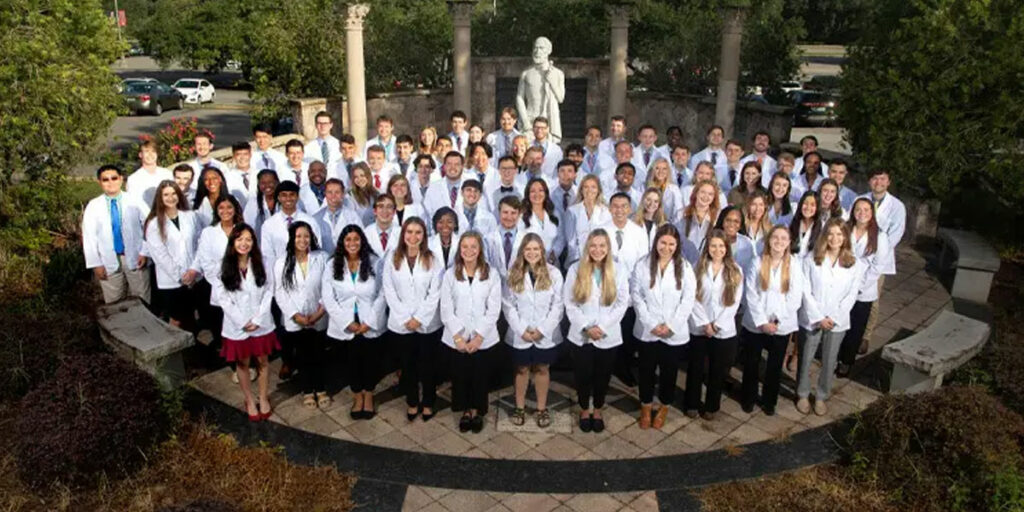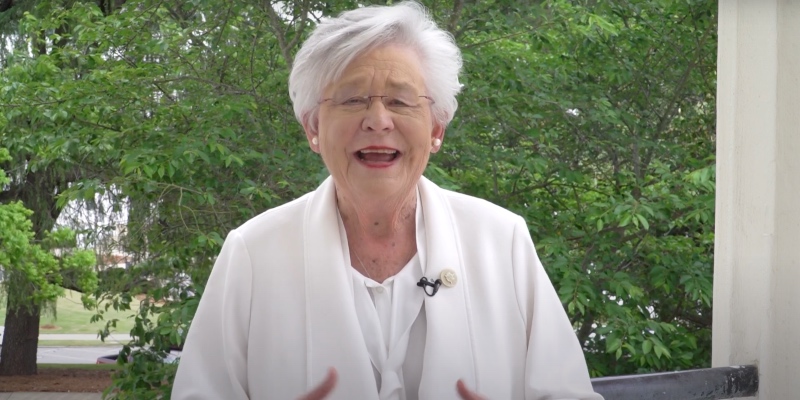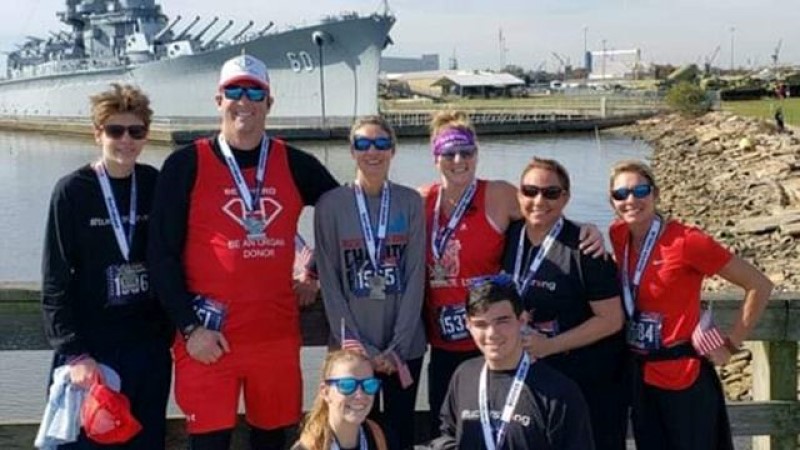A modified herpes virus, alone and in combination with radiation, has been shown to be well-tolerated and effective in children with high-grade brain tumors – or gliomas – researchers have found at the University of Alabama at Birmingham and Children’s of Alabama.
The findings were presented at the virtual American Association for Cancer Research Annual Meeting 2021 April 10-15 and published online in the New England Journal of Medicine.
Brain tumors are the most common solid tumor in children, and aggressive types like glioblastoma have an extremely low survival rate, as low as 10% five years after diagnosis. Even tumors successfully treated by surgery, radiation and chemotherapy have a high recurrence rate.
“This is the first study utilizing delivery of a viral immunotherapy directly into the tumor of children with brain tumors, and the results indicate the engineered herpes virus can be delivered safely into tumors located in all areas of the cerebrum in children,” said Dr. Gregory Friedman, professor in the Department of Pediatrics at UAB, who is a research scientist at the UAB O’Neal Comprehensive Cancer Center and director of developmental therapeutics for the Alabama Center for Childhood Cancer and Blood Disorders at UAB and Children’s of Alabama. “The key findings thus far are that the approach is safe and well-tolerable, and the preliminary evidence of efficacy is promising.”
In the Phase 1 clinical trial of 12 patients between 7 and 18 years of age, the investigators employed a modified virus known as G207, derived from the herpes virus responsible for cold sores. The virus is genetically altered so that it infects only tumor cells. When injected into a malignant brain tumor via a catheter, the virus enters the tumor cells and replicates. This kills the cell and releases the virus progeny to hunt out other tumor cells. Additionally, the virus induces a strong response by the body’s immune system, which can attack the tumor. The trial tested G207 alone and then combined with a single low dose of radiation to increase virus replication and spread throughout the tumor.
G207 is the product of more than 30 years of research. Dr. James Markert, who is chair of the UAB Department of Neurosurgery, was part of the team at Massachusetts General Hospital in the early 1990s that developed the concept of using oncolytic herpes viruses. He worked on the parent virus for G207 and conducted the first clinical study of G207 at UAB. Today, the use of viral therapies is under investigation for nearly every type of cancer.
A second-generation virus, called M032, has been developed by Markert and collaborators Yancey Gillespie, professor of neurosurgery, and Dr. Richard Whitley, Distinguished Professor of pediatric infectious disease, and is in clinical trials at UAB in adults with glioblastoma. UAB investigator Dr. Renee Chambers is using M032 in a study of brain tumors in dogs, which can develop tumors very similar to those in humans.
In the current trial with G207, 11 of the 12 patients demonstrated a treatment response. The overall survival rate was more than double the typical rate for children with high-grade glioma. Some 36% of the patients thus far have survived longer than 18 months, surpassing the medial overall survival for newly diagnosed patients with high-grade glioma.
Friedman’s team reports that G207 alone or in combination with radiation therapy was well-tolerated, with no serious adverse side effects attributed to the treatment.
“There are still more studies needed; but thus far, viral immunotherapy with several different viruses, including herpes virus, has shown promise in treating high-grade brain tumors in both adults and children,” Friedman said. “We also have an ongoing clinical trial to test the safety of G207 when delivered into the cerebellum, an area of the brain that has not been tested before in adults or children but is the most common location for pediatric tumors to arise.”
Friedman said the next steps are to determine the ideal timing to treat patients and what therapies can be used with viral immunotherapy to maximize the anti-tumor immune response. Based on the encouraging Phase 1 results, he and his team are working with the Pediatric Brain Tumor Consortium to develop a multi-institutional Phase 2 trial of G207 for progressive pediatric high-grade glioma, which they hope to initiate this year.
The study was supported by the U.S. Food and Drug Administration Orphan Products Clinical Trials Grants Program, Cannonball Kids’ Cancer Foundation, the Rally Foundation for Childhood Cancer Research, Hyundai Hope on Wheels, St. Baldrick’s Foundation and the Kaul Pediatric Research Institute. G207 was provided by Treovir LLC.
Friedman is supported, in part, by contracts between UAB and Eli Lilly and Co. and Pfizer. Markert and Whitley have financial interests in Treovir. They were not involved in any aspect of the conduct or data analysis of the study.
This story originally appeared on the UAB News website.
(Courtesy of Alabama NewsCenter)













